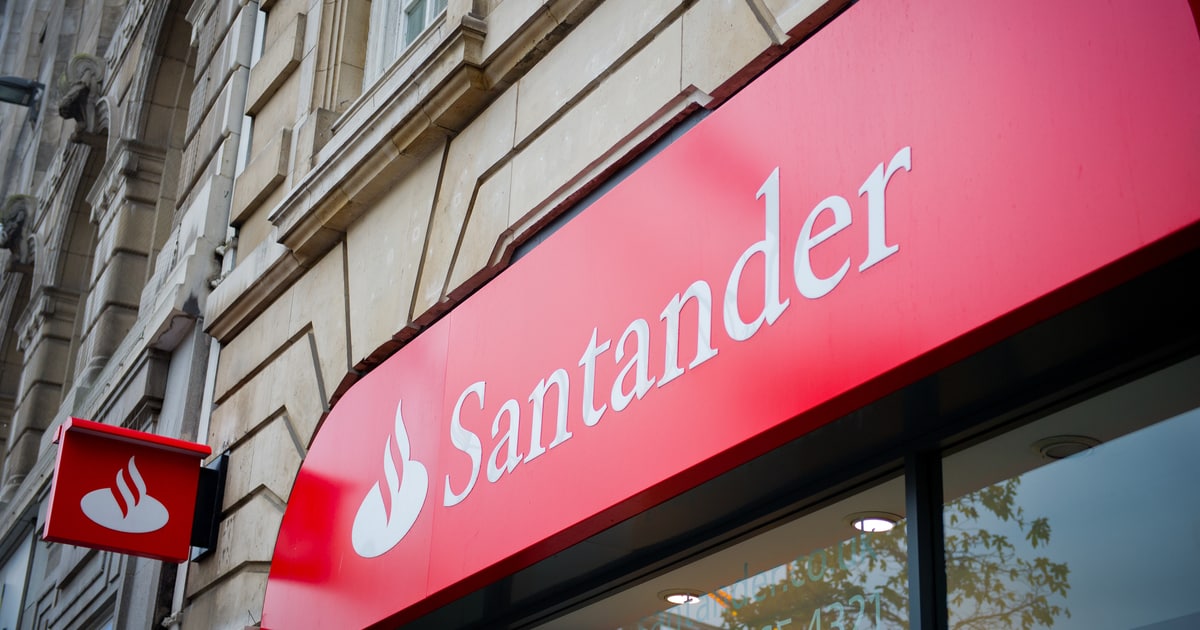Santander Blocks Payments by UK Account Holders to Binance
Spanish banking giant Santander has blocked payments from its UK customers to Binance crypto exchange, citing the need to protect customers’ funds. 
Santander unit in the UK sent emails to customers saying: We'll be stopping payments from Santander accounts to Binance wherever possible."
The email further mentioned the UK’s financial regulator (Financial Conduct Authority)’s recent warning that Binance Markets Limited is not allowed to conduct any regulated activities in the country.
Santander previously announced that it was undertaking a review of its policy towards cryptocurrency exchange after witnessing a huge rise in demand from customers seeking to purchase crypto assets in recent months.
Santander’s move to block payments to Binance from UK customers follows other UK banks to blacklist the exchange.
In June, NatWest (National Westminster) Bank imposed transaction limits on the number of funds customers could send to exchanges, including Binance. On Tuesday this week, UK Barclays blocked clients from sending payments to Binance. The following day, Nationwide Building Society, a mutual financial institution in the UK, announced that it was conducting a review of its policies on cryptocurrencies.
All such changes have come after the UK’s FCA announced that Binance should not operate its business in the country.
A bank representative from Santander’s UK unit said they had observed increased cases of UK customers becoming victims of crypto fraud in recent months. He said the commitment to keep customers’ funds is a key priority of the bank. Therefore, they have decided to prevent payments to Binance following the regulator’s recent warnings to consumers.
Efforts to Strength Compliance Standards
Recently, Binance has struggled to maintain its payment channels. A few days ago, the exchange suspended Euro bank deposits from the Single Euro Payment Area (SEPA), one of Europe’s key payment networks.
On July 6, Binance sent emails to its customers informing them that they would no longer be able to deposit money through the SEPA schemes. The exchange stated in the email that it made such a move because of events beyond its control.
Amid the rising crackdown from regulatory authorities, Changpeng Zhao, Binance CEO, called for clear regulations while saying that compliance is a journey.
Meanwhile, on Tuesday, June 6, Binance announced hiring a new director of compliance, Jonathan Farnell, the former director of compliance with eToro. The appointment of Farnell will assist in developing Binance’s regulatory product landscape.
Late last month, the UK’s Financial Conduct Authority banned Binance Markets Limited from providing its regulated activities in the country. Although the regulator does not regulate crypto assets, it requires exchanges to register with them. Binance has not registered with the regulator and thus is not allowed to operate its exchange business in the country.
Last month, Japan’s financial regulator - Financial Services Agency (FSA) - warned Binance about conducting its business in the nation without proper authorisation.
Also, last month, Binance halted its operations in Ontario, Canada, amid increased regulatory scrutiny of crypto assets in the region.
Yesterday, the Polish Financial Supervision Authority warned consumers to be cautious when using Binance’s services because the agency does not regulate the exchange.
Image source: Shutterstock
Germany’s Financial Regulator Warns Binance Over Stock Token Offering









